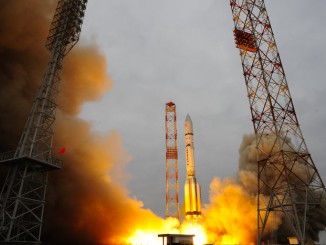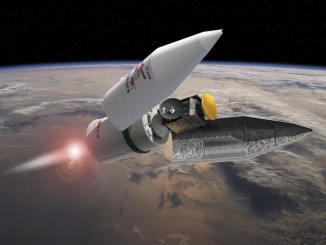
Schiaparelli

Members

Mission Reports

Mission Reports

Mission Reports

Mission Reports

Mission Reports

Mission Reports

Mission Reports

Mission Reports

Mission Reports
